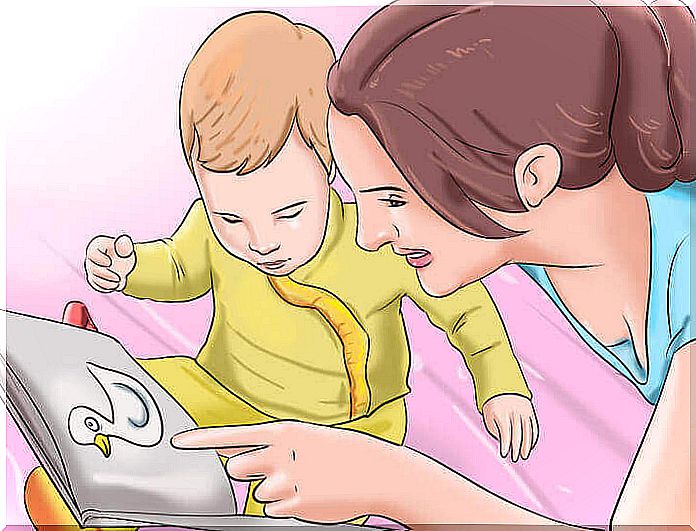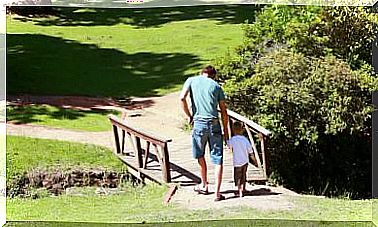How Can I Promote My Child’s Independence?

Independence and freedom are important values that a child will benefit from throughout their lives.
Therefore, parents should start early in their upbringing to promote these values, which are fundamental to the child’s learning process and development. They should be the goal and priority in every form of education.
But why is it so important to promote children’s independence? The more independent and self-reliant you are, the better you can do a wide variety of tasks and activities.
In addition, children can take on responsibilities and develop their own initiative.
They will have better social skills that will enable them to build healthy relationships. Independent children also tend to have fewer learning problems, feel safe, and develop self-confidence. These qualities are the best business card!
Keys to Promoting Children’s Independence

Then you will find various tips to promote your child’s independence. However, do not forget that this takes time!
Make time for your child every day and be patient with them. Every child develops in a different rhythm. Make sure, however, that your child completes the assigned, age-appropriate tasks.
You need to know your child’s capacities and recognize and praise their efforts. Give him the opportunity to try and don’t be afraid of making mistakes. You can celebrate every little success with your offspring.
You are doing a lot of good for your child! You can help him when he is only one and a half years old and is demanding his first little independence, which is made possible by the improved motor skills.
From the age of two, you can start teaching him to communicate with others, especially on an emotional level.
You can begin to learn more about nutrition, cleanliness, hygiene and the basic rules of living together. Your child can help at home and even get dressed on their own.
When you are around five years old, you can start giving him slightly more difficult tasks and activities.
Promote independence

- Allow your child to help themselves. Let it do things on its own, even if things don’t always go perfectly. It doesn’t matter if it takes a long time or if it is wrong at first. Nobody is born knowing. Patience and perseverance are the secret! However, always stay close to your child to offer support and help if necessary.
- Gives your child the opportunity to choose and let them find solutions. Don’t organize everything and don’t make overly strict schedules. Leave room for alternatives for your child to choose. Also, show him how to resolve his doubts and inconveniences. Show him different approaches and nourish his curiosity!
Even more tips …
- Learn your child to think! This is fundamental for the rest of his life. Don’t give him automatic answers, motivate him to think, find answers for himself, and develop theories. His reflection, imagination and creativity will be very helpful to him throughout his life.
- Give him his space (physically and emotionally). Don’t force your child to do things they don’t like. Let them choose the right time and place for themselves. If they don’t want to share what they experienced in school, respect their privacy. There should be room for play, reading, meditation or rest.
- Don’t constantly desmotivate or limit it. Allow your child the freedom to try and experiment without having to worry about making mistakes. Children have incredible imaginations, and their adventures help them overcome challenges. Give him courage, dispel his anxiety, show him how to get up after a fall and think about it. If necessary, show them alternative ways so they can set new goals.
- Don’t give your child too many instructions and rules. Keep them busy with tasks that are age-appropriate and that they can actually do. For this it is necessary to give him appropriate explanations and short, simple and precise instructions. Be a role model for your child, by whom they can orient themselves, so that they can then learn on their own and apply their knowledge.









